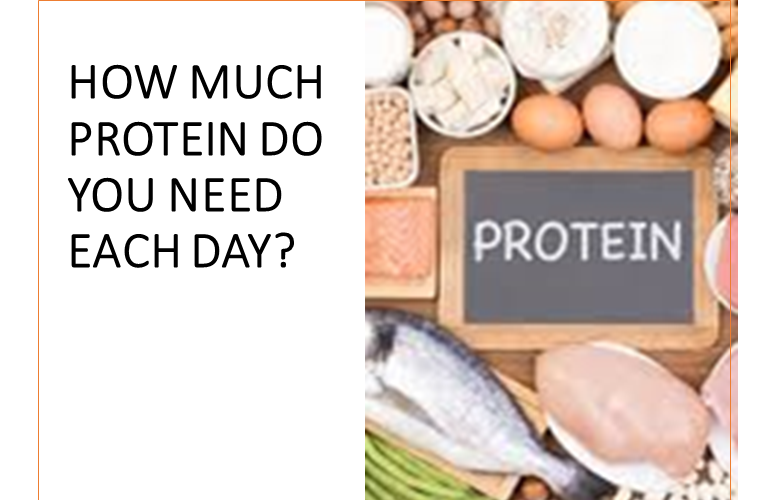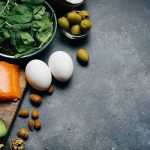#food #organic #protein #carbs #fat
“Complete proteins matter!” — Paul Ebeling
Protein is a part of every cell in our body. The 21 amino acids that make up protein are necessary for the repair, maintenance and building of muscle tissue. As a fitness enthusiast you should be aware of your need for, and the importance of protein.
The widely cited Dietary Reference Intake suggests the average sedentary adult needs 0.75 to 0.8 grams of protein/kg of body weight. That works out to about 72 grams of protein to simply maintain your current body weight and body fat percentage, the ratio of lean muscle to fat in your body.
Available dietary protein in our digestive tract and eventually our bloodstream boosts our metabolic rate, increasing the number of calories burned and reducing your appetite and the number of calories you eat. Protein is more satiating than both fat and carbs and should be a part of every meal and snack.
If you currently track calories as part of an eating plan calculate your protein intake and consume protein at 25-30% of your calories. This ratio can boost your metabolism by as much as 80 to 100 calories/day, as opposed to lower protein diets.
In 1 study, protein at 25% of calorie intake was found to increase feelings of fullness, and reduced late-night snacking by 50% and obsessive food thoughts and cravings by 60%.
Readily available protein sources include meat, milk and eggs, and to a lesser extent beans, nuts and soy. Plant based protein sources are generally considered “incomplete” proteins as they are lacking all of the essential amino acids needed by your body.
Protein rich foods are needed to provide the body with these essential aminos. Meat, milk and eggs are examples of foods with “complete” proteins and are the best choices. Buy and eat Organic foods.
To reach recommended protein intake whether total grams or a percentage of total calories, eat small, frequent meals containing complete proteins
Eat healthy, Be healthy, Live lively









